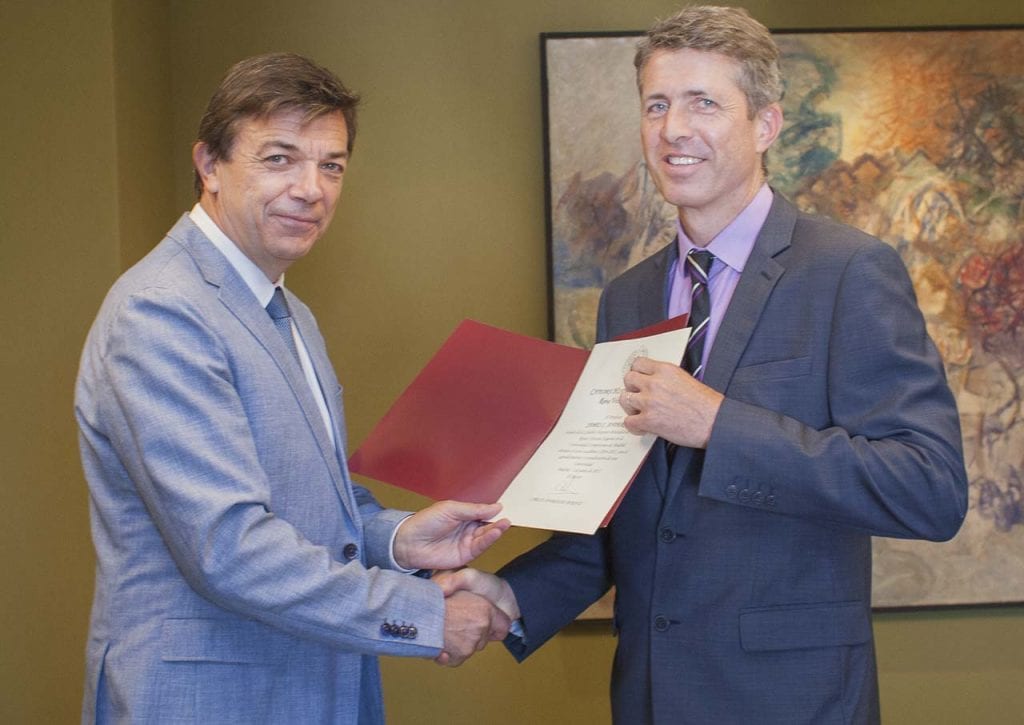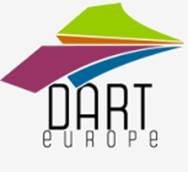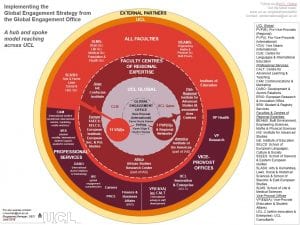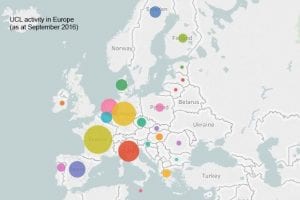First UCL Laidlaw Scholars research Brexit negotiations
By uclqjle, on 25 July 2017
In 2017 UCL is running its first Laidlaw Scholarship Programme, offering 25 fully-funded scholarships to first-year undergraduates.
The programme aims to create the leaders of the future through a mix of training and intensive summer research periods, where scholars work closely with UCL academics on questions of global significance.
Among the first cohort of Laidlaw Scholars at UCL are Anton Gromoczki and Jose Feio, who share in this video how they are contributing to the UCL European Institute’s research into Brexit negotiations.
Filmed and edited by UCL graduate Jason Lewis.
Jose (BASc Arts and Sciences) and Anton (BSc Philosophy, Politics & Economics) both chose to work on Brexit in light of its significance to the future of Europe and on the potential insights to be garnered from the nature of the negotiations.
Anton described Brexit as ‘a process that defines relationships between countries in Europe for the next generations’.
He added: “My opportunity to study in the UK was connected to being an EU citizen, so I feel there’s a personal aspect to this.”
Describing his experience so far at the European Institute, Jose said: “It is an incredible opportunity to look at research and to know what it is to do research in academia. We have a shared office with high-ranked academics. I think this is very beneficial for us to gain skills if we want to go into research, which is a possibility for me.”
Anton added: “I have learned so much about how research is conducted, what are the good practices – it has been very enjoyable. My supervisors are very knowledgeable and I’m looking forward for the next weeks.”
As part of the leadership component of the programme, the scholars have already been involved in leadership workshops which will be ongoing for the next three years.
All Laidlaw Scholars are also expected to participate in the UCL Global Citizenship Programme, in line with the university’s commitment to cultivating its global outlook in order to offer students the best preparation for global lives and careers.
- The UCL Laidlaw Scholarship Programme opens again for applications in November 2017.
- Keep up to date on UCL’s global activity and further student opportunities on the UCL Global website and Twitter account.
 Close
Close



 Oliver is a Research Coordinator at the
Oliver is a Research Coordinator at the 







